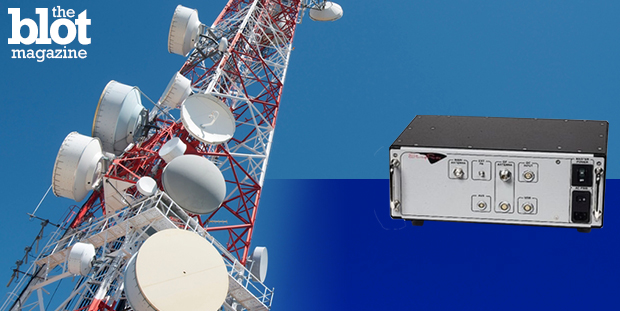
Innocent bystanders can have their cellphone service disrupted when police deploy a cellphone surveillance device in criminal investigations, according to a newly disclosed court document.
For the past few years, information about StingRay devices — a suitcase-sized box that helps police spy on cellphone signals — has trickled out slowly through a series of public disclosure requests and lawsuits filed by civil liberties groups and news organizations.
Documents released over the past few years have revealed that the devices act as a fake cellphone tower that, when deployed, force all cellphones within a given radius to connect to it instead of a real tower. Those connected signals often include ones that originate from a “targeted” phone used by a suspect, but also include signals from nearby phones that get inexplicably swept up due to the nature of the surveillance gear.
Civil liberties groups have argued that law enforcement’s use of a StingRay unfairly — and unlawfully — collects the cellphone data of individuals who are not targeted in a criminal investigation. Now, newly released documents obtained by the American Civil Liberties Union (ACLU) shows police use of a StingRay device can actually interrupt cellphone connections of innocent bystanders.
In a previously sealed court affidavit obtained by the ACLU, a federal attorney writes that StingRays have “the potential to intermittently disrupt cellular service” to “a small fraction” of customers on a specific cellphone network — in the case of this particular investigation, Sprint.
Read more: TheBlot Magazine’s StingRay Coverage
“Any potential service disruption will be brief and minimized by reasonably limiting the scope and duration of the (StingRay),” the attorney wrote.
It is unclear how “brief” the disruptions are when law enforcement use StingRay gear, but the attorney sought use of a StingRay by police for at least 14 days in his affidavit. Critics argue that, no matter how brief the interruption, the fact that law enforcement uses a tool that indiscriminately impacts cellphone service for innocent bystanders is reason for concern.
“We think the fact that StingRays block or drop calls of cell phone users in the vicinity should be of concern to cell service providers, the FCC, and ordinary people,” ACLU staff attorney Nate Wessler told Wired.com. “If an emergency or important/urgent call … is blocked or dropped by this technology, that’s a serious problem.”
The federal government has made efforts over the past few years to keep details about the devices from being made public. The devices, which were once used on the battlefront to find enemy combatants, are now being leased to local law enforcement agencies paid for with grant money earmarked for homeland security initiatives.
According to a document made public last month, the Florida-based manufacturer of the device requires local police departments who receive the devices to immediately contact the Federal Bureau of Investigation (FBI) if they receive a public records request for information about StingRays “in order to allow sufficient time for the FBI to seek to prevent disclosure through appropriate channels.”
The manufacturer, Harris Corporation, also requires law enforcement officials to sign a non-disclosure agreement before receiving the device and associated user training. The non-disclosure agreement has led police and prosecutors to cover up their use of a StingRay in criminal matters that have been taken to trial. In a handful of cases, their concealment of the devices has led to overturned convictions.
Matthew Keys is a contributing journalist for TheBlot Magazine.





